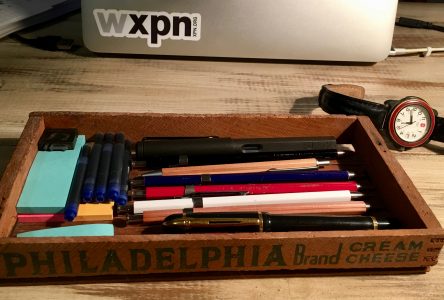I decided to read Jaron Lanier’s book, “Ten Arguments for Deleting Social Media Right Now.” In this Lanier does exactly as the title suggests, each chapter is a compelling reason for deleting all social media. In his book, he uses a very different tone while giving his arguments. Lanier’s is much more insistent and stern compared to Odell. Since Odell’s book is an act of activism I think that adding some pieces of Lanier’s arguments to further why resisting the attention economy and more specifically social media is a good idea. Lanier relates cats and dogs in terms of using social media. He talks about how most people are like obedient dogs, blindly following technology and social media. While cats are completely unpredictable and, “have done the seemingly impossible: They’ve integrated themselves into the modern high-tech world without giving themselves up” (Lanier 2). Odell’s argument could be helped if she incorporates this idea of being unpredictable instead of a friendly obedient dog. Lanier uses the perspective of the former president and vice president of Facebook in his writing. I think that using this perspective would help Odell’s writing because it completely validates his point that even people in the industry know the harm of their product. I think that both of these books have very similar purposes and it seems that a lot of Odell’s arguments could be directly correlated with Lanier’s, so some additions from, “Ten Arguments for Deleting Social Media Right Now,” would aid in Odell’s activism.
One quote from my essay is, “It would help Odell’s writing if she pivoted from more of a friendly dog stance to an unpredictable cat like Lanier. Odell nicely teaches us how we can view productivity in a different way while Lanier gives constructive criticism on how to be different and not give ourselves up to technology. Odell’s overall argument would be helped by Lanier’s reasoning to be a cat.” Using Lanier’s cat example about deleting social media could be a start to increasing productivity in a different way like Odell is preaching.




